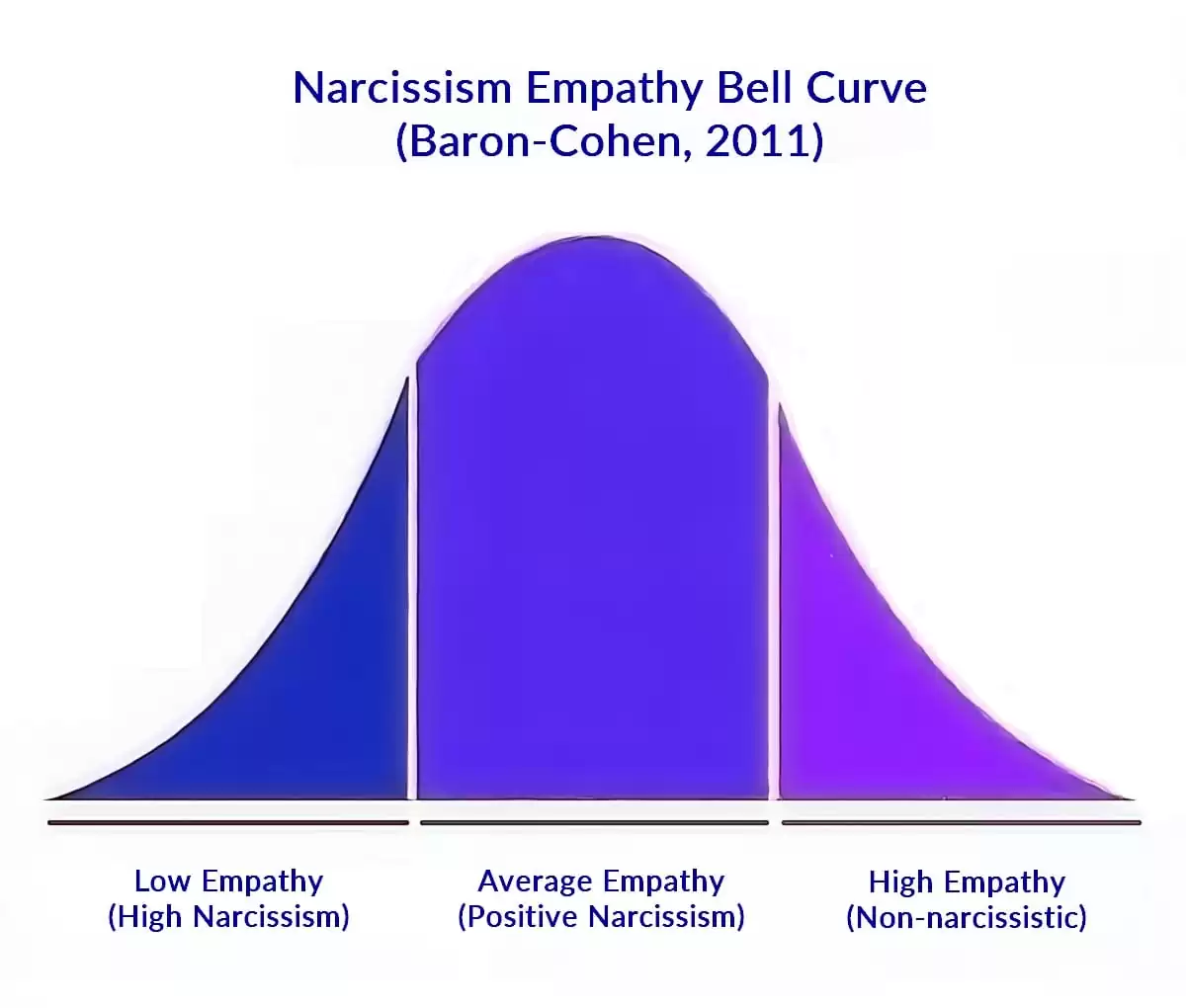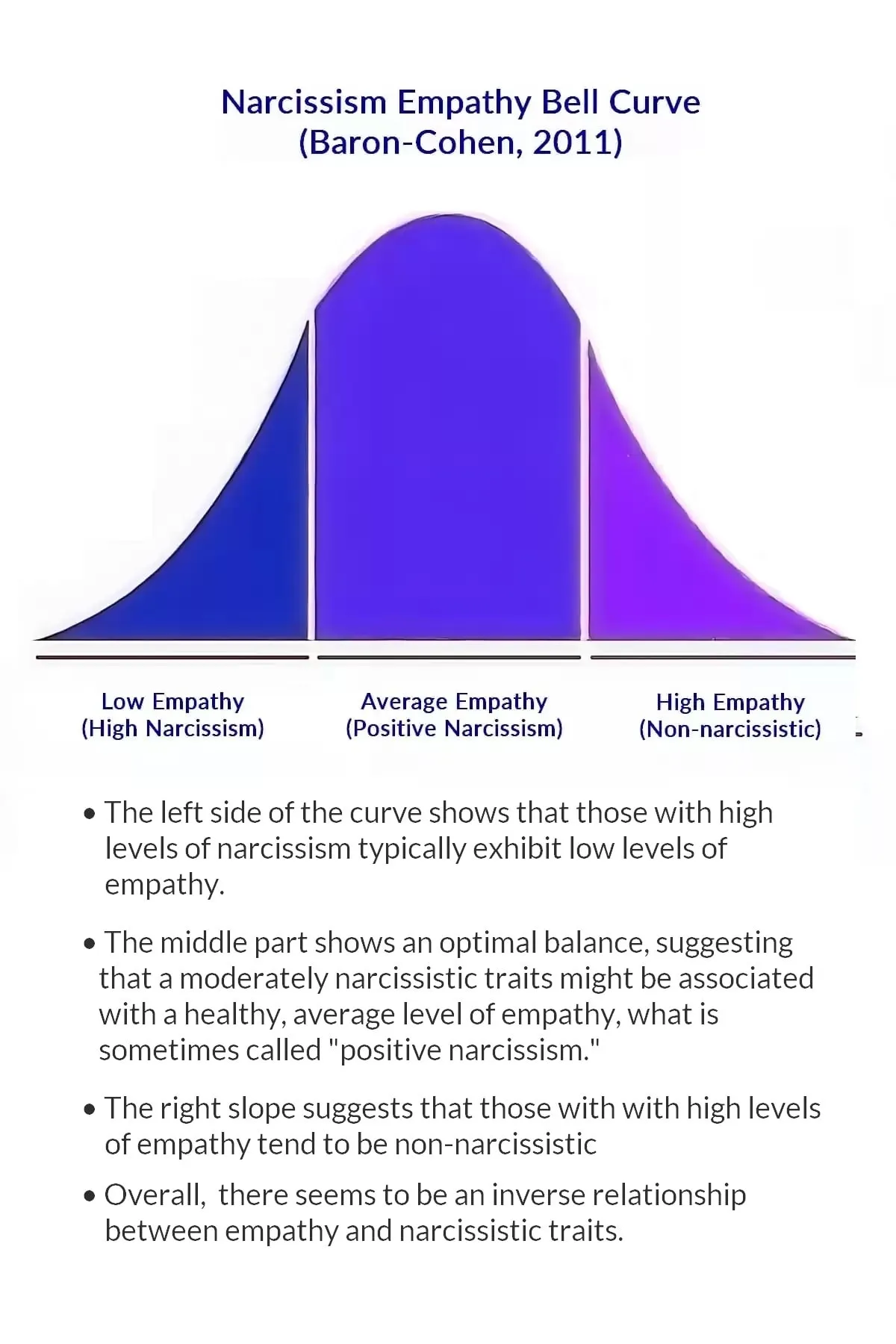Reading time: 14 minutes
— Researched and written by Dr. Sandip Roy.Covert narcissists show signs of their true nature, but you have to look close.
Even when you have known them for a long, there’s something odd about them. You cherish your relationship with them, but their weird behaviors baffle you.
They can do some strange things like bossing you around, irritating you, getting you provoked, and making you react abnormally for small reasons.
You never feel at ease with them, for some reason. Of course, they rarely say “Sorry.”
7 Weird Behaviors of A Covert Narcissist

If they constantly undermine you with passive aggression and are insensitive toward your issues unless you ask them to show empathy, then they are most likely a covert narcissist.
Here are some unusual and strange behaviors of a covert narcissist:
1. They stubbornly avoid doing things you request them.
Covert narcissists are ready with a million excuses when you ask them to do something for you.
They give various justifications, both credible and improbable, for not doing the work you assigned them.
They might seem mentally fatigued, busy, or troubled by their own issues, but actually, they willfully refuse to accept the tasks you give them.
- The simple explanation is that no responsibility means no chance to screw up, and thus no taking the blame.
- They may also conclude that “complying” with your demands makes them feel like a slave or a servant, lowering their self-esteem.
- Another reason could be that they were hurt by your actions or words, even though your “mistake” was unintentional and too trivial for most people to take offense at.
When you ask what they are upset about to ignore your requests, they deny being upset at all. It is part of their process of putting on a perfect front to hide their fears and vulnerabilities from you.
When confronted and sternly demanded, they may give in and complete the task, but do it shoddily and tardily.
The root cause is that they are “takers” who are always looking for what they can take from others.
They are strongly opposed to giving people generous gifts, always anticipating what they will receive in return.
2. They lie without reason and give fake apologies when caught.
Covert narcissists are pathological liars. They can lie for no reason.
Often, they lie about almost everything about them — to hide what is going on in their minds or to lead you up a false path.
He can tell you that a certain colleague, friend, or family had a loan from him years ago and is not paying it back. In truth, that person might have never borrowed anything from the narcissist.
They can tell you false gossip about your friends. So that you alienate yourself from them, and see your narcissist as the only person worth being with.
By the way, it also boosts their ego to see you take you as the one and only hero in your life. It tells them that now they have complete control over you.
They often embellish their stories with bizarre details from their imagination, with the idea of creating a false image in your mind.
A covert narcissist can tell you that they had a dream in which you were a devil, waving a whip over sad-looking dogs that had learned to be helpless.

3. They say things under their breath, but you can hear them.
They often sigh and say things under their breath, but in a volume and tone that you understand what they said and what they meant.
However, when asked what they just said, they usually reply with, “Nothing.”
Refusing to take responsibility for their mistakes or harmful behavior is alien to them.
Actually, they wanted to heap insults and blame on you, but without taking any direct responsibility for them.
It’s in their relentless agenda to undercut others and dismiss their ideas and beliefs.
- Find out the 10 worst problems of living with a narcissist.
If you repeat their words and challenge them to tell you why they said so, they make up a story that is related to another person from their past.
Usually, they end their reply by asking why you thought it was about you when it wasn’t. That is narcissistic projection — they are pushing their self-adulation propaganda onto you.
In retaliation, they can use guilt-tripping or withholding affection to get you under control.
Knowing How To Manipulate Narcissists
- Further reading: You might read this ScienceDirect article about guilt-tripping.
4. They will patiently gaslight you in subtle ways.
Gaslighting is manipulating others into doubting their own perceptions and memories
When a covert narcissist has worked their way on you, you will be a highly confused person, always undecided about what to do next if the narcissist is not around.
They distort your understanding of yourself.
Read that again: They distort your understanding of yourself.
They also distort other people’s views of you. They spread a smear campaign about you behind your back so that people that you don’t even know look at you with suspicion.
They make it a point to remind you that you are contradicting yourself from a stand you took in the past.
If you catch their lies and threaten to leave them if they continue their always-on lying act, they will apologize to you. But, maybe not strangely, all of these apologies are fake.
The true goal of any forgiveness is expecting the person to change for the better. But covert narcissists say “sorry” only to defuse a stressful moment and keep you in the relationship. They do not intend to change themselves.

Covert narcissists also keep finding ways to blame things on you.
- They may say they missed an important appointment because they had to call you, and you had so much to talk.
- They may do something bad and will go to any length to say it was you who made them do that.
- If you suspect them of cheating, they will flatly deny it and may even say you are hallucinating.
- If you caught them cheating, they will say it was you who was responsible for their cheating on you.
They can even be more strange and tell you that since you were always suspecting them to cheat on you, this became true like a self-fulfilling prophecy.
5. They are selfish even in close relationships.
They first consider how doing a thing will benefit them before it helps anyone else. For them, self-interest takes priority.
The covert narcissist will always take the bigger part of the pizza — unless they have an upset stomach.
The “coverts” are so self-obsessed that they are hardly interested in others’ welfare.
They mostly keep those people around who will say good things about them.
These people can deftly make you believe that they have been victimized and martyred by others. And this “justifies” their desperate need for validation and attention.
When you ask them to help with something as critical as accompanying you for a cancer screening report, they will tell you they are urgently needed elsewhere.
They will never recommend you to anyone, even when it’s a small favor for them, unless they know you will repay them for it.
In fact, if they are asked about their opinion of you, they will surely mention your negative and weaker sides. This is actually projecting their own flaws and negative traits onto others.

According to the Narcissism and Empathy Bell Curve (Baron-Cohen, 2011), most people have an average level of empathy as default and may behave in ways that can be called positive narcissism.
Covert narcissists can be placed on the left end of the middle part of the curve since they have low but enough empathy to stop them from acts of physical aggression.
Few people have no empathy (and high narcissism, like malignant narcissists), and few on the other side have a high level of empathy (and no traits of narcissism).
6. They don’t let you finish your talk before bringing up their story.
They are chronic interrupters and conversation killers.
One of the things covert narcissists say quite often is, “I’m always right.”
That warns the other person not to cross them or risk serious consequences. It comes from their tendency to dominate conversations, make everything revolve around them, and dismiss others’ opinions.
Whenever you two are talking, they will cut you and take the discussion away to talk about their issues.
This behavior can leave their loved ones feeling drained and unheard. Even when you have pointed this out a “million” times, they won’t accept responsibility for doing it the next time.
To them, interrupting you is what makes the conversation interesting and dynamic. It points to their haloed sense of self-importance.
They usually do not try so in a group because they are afraid of being called out as a narcissistic person.
When you are in a relationship with them, they will hijack any conversation where you are in the spotlight. If you are talking in a group and everyone is listening intently, they will try to downgrade you with their comments or gestures like eye rolling or smirking.
If you are watching closely, notice that they actually are emotionally abusing you by steamrolling over your wishes to speak and be heard.
In case they have nothing, they may simply silence you with, “Shh…! Listen to that!” making you hear a non-existing rustle.
Narcissists In Relationships
7. They show the classic signs of passive-aggressive behavior.
When one expresses unpleasant feelings indirectly rather than talking about them openly, they are engaging in passive-aggressive behavior.
Passive-aggression behaviors include sulking, backhanded compliments, procrastination, withdrawal, and refusal to communicate. A covert narcissist shows all of them.
A covert narcissist may feel angry, resentful, or frustrated on the inside, but will show as if they are being unemotional or even cheerful on the outside. But their behavior patterns, like being sarcastic or argumentative, reveal they are in a negative state of mind.
They will criticize you for no fault of yours. They will make gestures of disgust at many things you do or say.
Covert narcissists make you feel small in subtle ways. They will make derogatory remarks about you, and when you show your discontent, they will say things like, “I was only joking.”
They show up too late when both of you have to be somewhere together, keep you waiting for most things, and reply late to your messages — just to show that they are more important than you.
Their compliments are non-compliments and always come with a rider. Like, “You would have looked more presentable if you were not this obese.”
Mark it, their passive-aggression is intentional.
When pushed, these covert narcissists will likely become openly aggressive, paranoid, and hostile, while accusing you or others of causing their outbursts.
Want to know more about narcissists? Then this is the article to start: 20 Signs of A Narcissist: Red Flags of Narcissism.
Some weird things that narcissists say:
Narcissists have a way of saying things that can be confusing, hurtful, or just downright weird. Here are some things that they may say to others:
- “I’m the best at everything.” Narcissists often boast of their supremacy because they have an overinflated sense of self-importance and believe they are superior to others in every way.
- “You’re lucky to have me in your life.” Narcissists may use this statement to manipulate others into thinking they are valuable, helpful, or important to have around.
- “Hey, you’re too sensitive.” Narcissists use this dismissive phrase to play down others’ feelings, complaints, or concerns and make the actual victim feel like they are overreacting.
- “You’re just jealous of me.” Narcissists may use this to deflect criticism or lay blame onto others and make themselves appear superior.
- “I don’t need anyone else, I’m perfectly fine on my own.” They often use this phrase to assert their independence and self-sufficiency, but it can also be a way of avoiding vulnerability or emotional intimacy.
- “I’m the victim here.” Narcs cleverly use this to play the victim, thereby washing their hands off of all responsibilities (for any mistakes they made), and gaining sympathy or attention from others.
- “You don’t understand me.” Narcissists may use this phrase to create a sense of distance or isolation from others and make themselves appear unique or special.
Some weird habits that narcissists have:
- Obsessive grooming: Narcissists are typically over-concerned with their appearance and spend excessive amounts of time and money grooming themselves.
- Seek but don’t give praise: They have an insatiable need for attention and may constantly seek compliments from others, but are reluctant to give out any.
- One-upping: This is a classic narcissistic habit: They will nearly always try to one-up others in conversations, even in their self-talk when overhearing others, making everything a competition where they hold the winning cards.
- Blaming others for everything: Narcissists can blame you for situations that are completely out of your control. They can tell you that a rainy day or a citywide power outage was because of you. They rarely accept responsibility for their actions and instead blame others for their mistakes.
- Sense of entitlement: They often believe that they are entitled to special treatment and privileges, wherever they go, regardless of whether they have earned them.
- Need for control: They have a strong need for control and try to manipulate all the people they know to do what they want. They seem to know how to provoke others into reacting in irrational ways.
- Lack of empathy: They lack empathy. They hardly seem to care about how their actions affect others. And they can easily criticize others — but are themselves hypersensitive to criticism.
FAQs
What are the four usual ways that covert narcissists behave?
1. Typically, covert narcissists tend to be people-pleasers early in a relationship to win your attention, empathy, and devotion.
2. They can convincingly present themselves as the victim in their other relationships (“my wife treats me like a dirty pig”) so that you sympathize with them.
• They keep criticizing your actions and devaluing your achievements so that you are constantly trying to live up to “their” standards.
• They manipulate you into isolating yourself from your family and friends.
• They subtly take control of your behaviors, speech, and reactions.How does narcissism score against empathy?
According to the Narcissism and Empathy Bell Curve (Baron-Cohen, 2011), there is an inverse relationship between narcissistic traits and empathic ability.
1. Low Empathy—High Narcissism: Individuals with high narcissistic characteristics often have a low capacity for empathy. They may struggle to understand or share the feelings of others in their social interactions and relationships.
2. Average Empathy—Positive Narcissism: Individuals who might possess a balanced level of empathy may have some narcissistic qualities that are not squarely harmful to others. This suggests that not all aspects of narcissism are unhealthy and that in moderate levels, such traits can coincide with a healthy understanding and responsiveness to others’ emotional states.
3. High Empathy—Non-narcissistic: Those with a high capacity for empathy often correlate with low levels of narcissism. These individuals are typically perceptive to the emotions of others and can prioritize the well-being of others, often pushing their own needs into the background.

Final Words
Three more weird things narcissists do:
- They are obsessed with dictators,
- They prevent you from relaxing, and
- They can never give a genuine compliment.
Though covert narcissists may seem calm, cool, and collected on the outside, they are, in fact, incredibly stressful to be around when you are in a close relationship with them.
These individuals tend to be manipulators who charm others with their pleasant demeanor. This makes it easy for them to persuade others to believe in a false and faulty image of you that they have created.
√ Also Read: Narcissistic Injury: What It Means And Why It Happens?
√ Please spread the word if you found this helpful.
• Our Story!